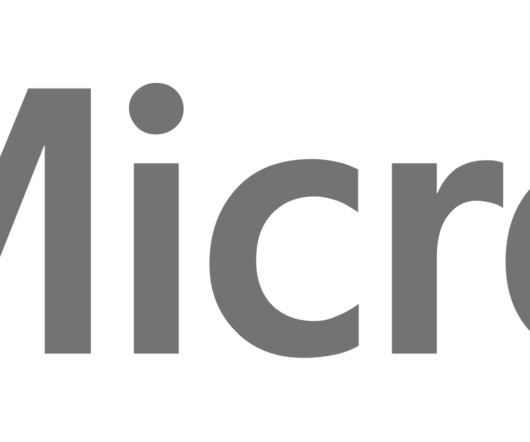IP Due Diligence: Issues in M&A Transactions
Traverse Legal Blog
NOVEMBER 16, 2021
A main focus in most M&A transactions involves conducting intellectual property (IP) due diligence, including patent due diligence in order to properly assess risk involved in the potential transaction. What kind of process does the target have for protecting its invention? post-grant review, oppositions, etc.)






















Let's personalize your content